
Dungeons & Dragons is among the most collaborative games, with the relationship between players and dungeon masters being central to its success. A game cannot function without a dungeon master, but it can thrive or falter based on the players’ participation. Therefore, it’s essential to aim for good player behavior. Good tabletop role-players exhibit thoughtful communication, punctuality, attentiveness, and a knack for becoming fully immersed in the game world. Most importantly, they prioritize making their fellow players and dungeon master feel appreciated, rather than focusing solely on their own needs and desires. What constitutes a good tabletop role-playing player?
An excellent game participant exhibits numerous crucial qualities and consistently strives to enhance the enjoyment for all involved in the gameplay. Regardless of whether you’re new to playing Dungeons & Dragons or a seasoned pro, there’s always room for improvement in both in-game and out-of-game performance. Here are ten strategies to become a more supportive player in Dungeons & Dragons as well as other tabletop role-playing games:
1. Collaborate with the Game Master (GM) and fellow players, fostering an engaging and immersive gaming experience.
2. Create a well-rounded character that complements the party’s composition, ensuring a balanced approach to challenges.
3. Be mindful of your character’s abilities and limitations, using them effectively during gameplay.
4. Anticipate potential challenges and plan for various scenarios, enhancing your character’s resilience and adaptability.
5. Demonstrate active listening and empathy towards the actions and decisions of other players.
6. Foster a positive and inclusive environment, encouraging open communication and collaboration among all participants.
7. Be willing to adapt your character or strategy when faced with new information or unexpected circumstances.
8. Show appreciation for the time and effort invested by the GM and fellow players in preparing the game world and adventure.
9. Embrace creativity and imagination, contributing unique ideas and perspectives that enrich the gaming experience.
10. Be open to constructive feedback and continuous learning, striving to improve your skills and become a more valuable member of the tabletop role-playing community.
Communication
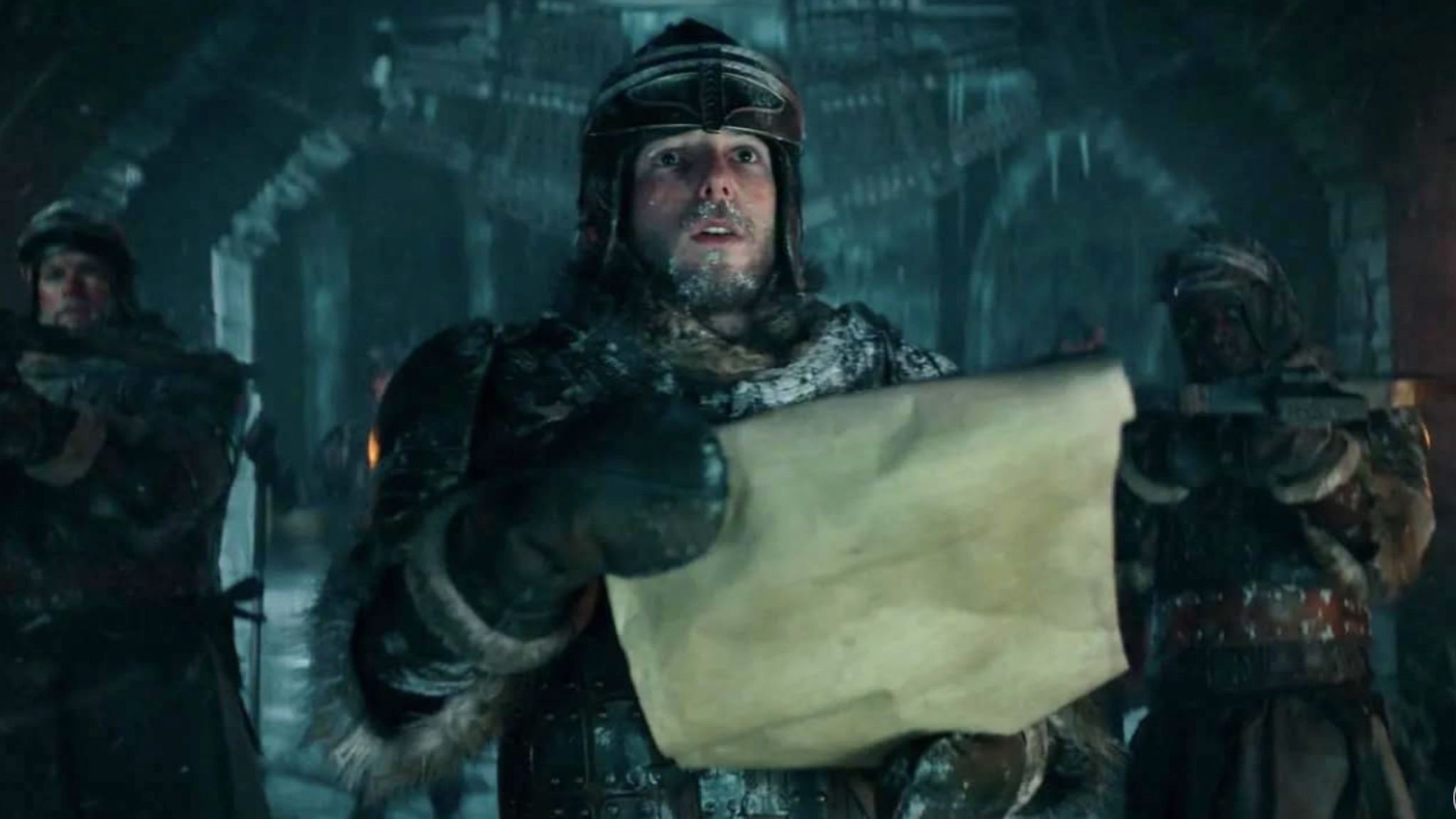
Effective communication is crucial in Dungeons & Dragons games, as it applies to both the dungeon master and players. A significant number of troubles often encountered in tabletop role-playing game horror stories can be alleviated through open dialogue. As a player, it’s essential to express your doubts, compliments, and most importantly, if you cannot attend a session. There’s nothing more frustrating than arriving for a game only to find that one member is absent without notice.
In contrast to what some people believe, Dungeons & Dragons isn’t essentially a competitive game; rather, it thrives on cooperation. If you encounter any issues during a game session, don’t hesitate to communicate with your dungeon master. More often than not, solutions can be found when problems are addressed promptly, and these issues are usually unintentional or can be resolved through retconning. Ignoring them might lead to strained relationships within the group.
Showing Up On Time
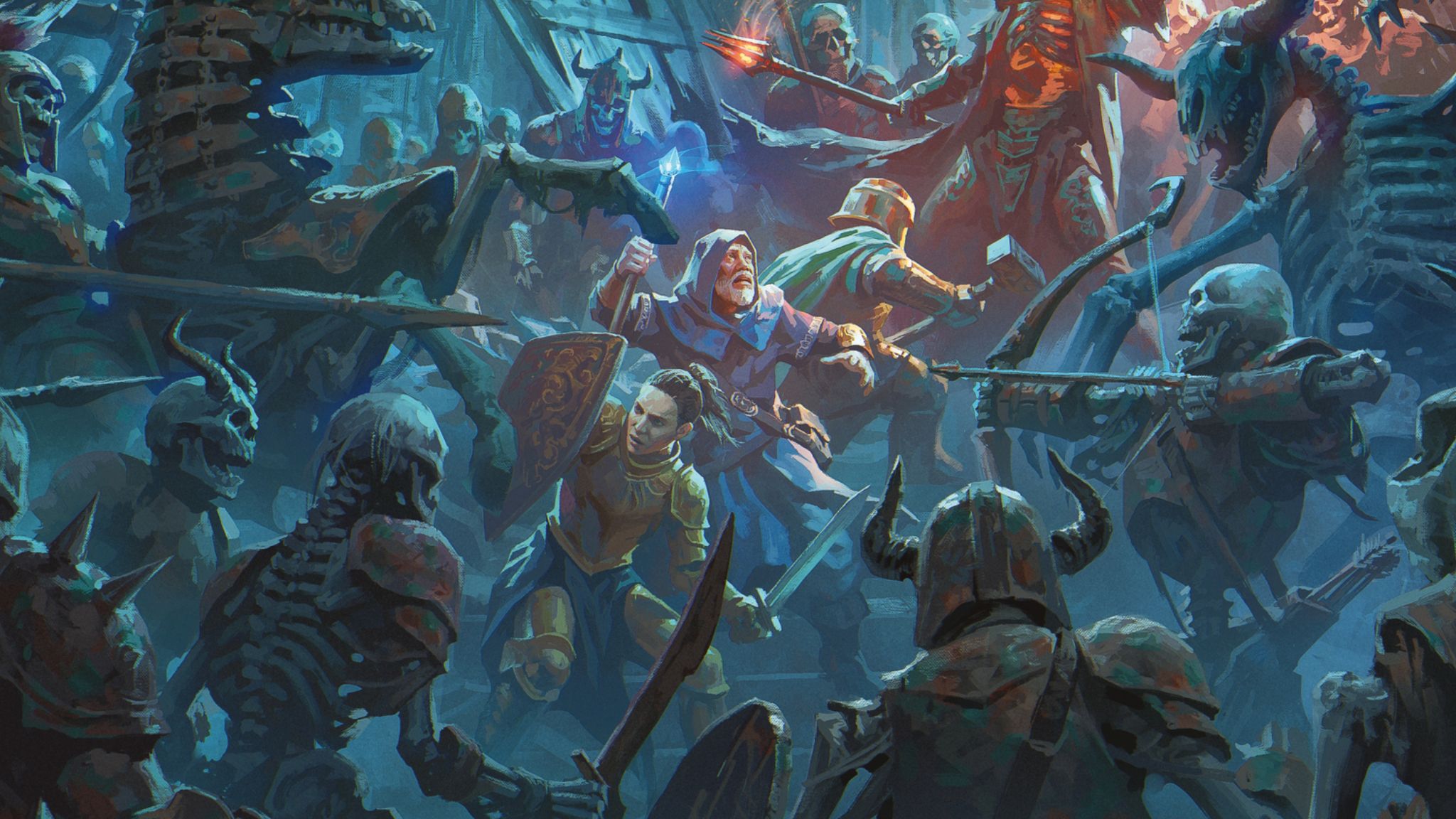
Preparing for a gaming session can be challenging, particularly when the DM is shouldering most of the workload. The least players could do is make an effort to arrive punctually and come well-prepared. If possible, strive to avoid tardiness or absenteeism. And if such situations cannot be avoided, ensure you inform your group as soon as it appears there might be a problem. DMs invest significant time in preparing for these sessions, especially when they’re running a homebrew campaign. Even using published modules requires investment of time since it allows DMs to prepare effectively without having to pause the game and constantly refer to books.
Arriving promptly for a gaming session implies that you’re ready to participate actively. Unfortunately, it’s not uncommon for players to arrive, yet fail to fully prepare their characters, forget the storyline, or get sidetracked by a Discord call. This can be annoying for the Dungeon Master and other players when one or more participants are late or underprepared. Making an effort to minimize these occurrences and encouraging your fellow players to be punctual and well-prepared will make each session more engaging and reduce time spent on recaps or waiting.
Knowing Your Character
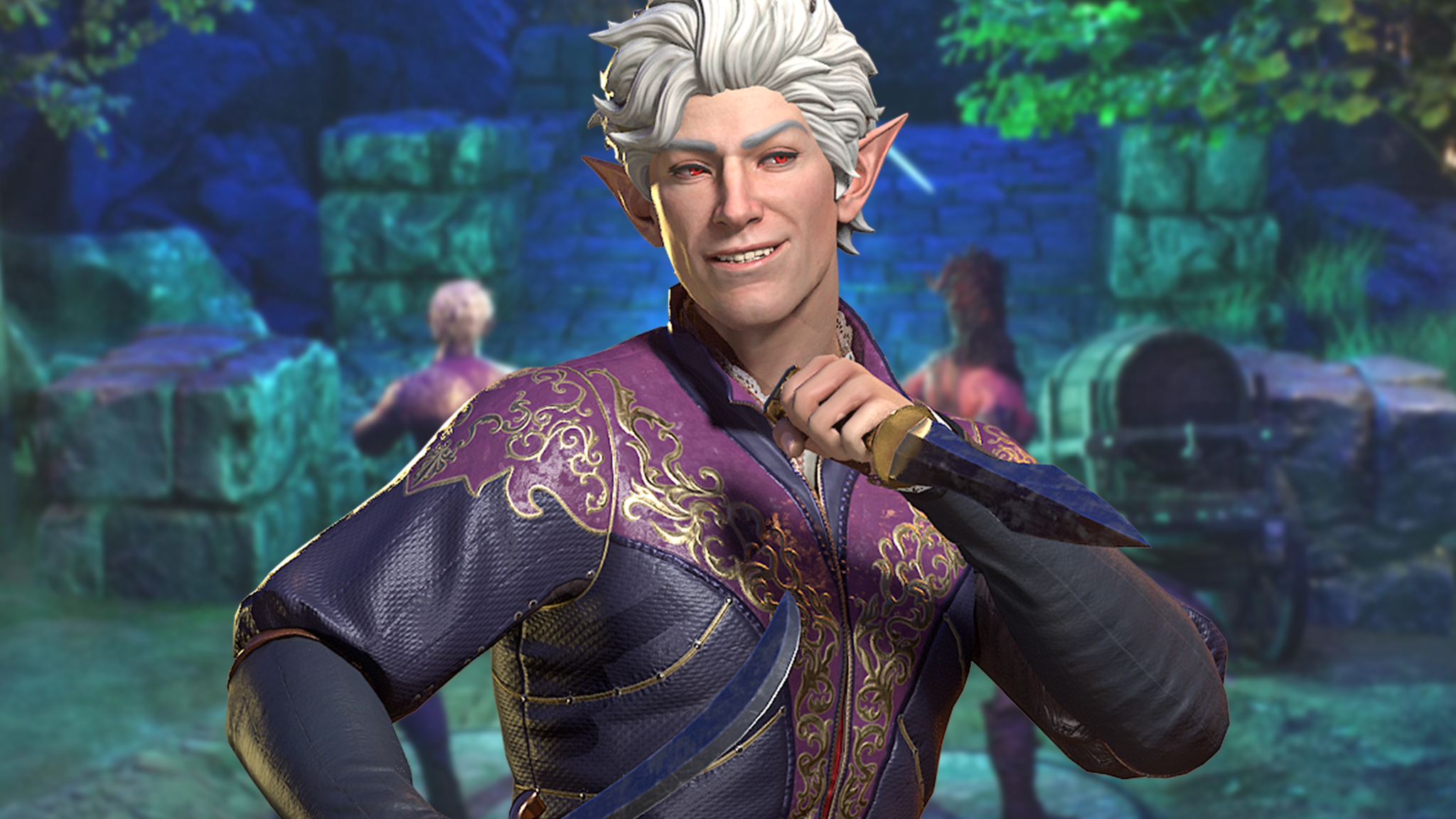
As a Dungeon Master (DM), you have a significant role in learning, preparing, and executing the game, which involves understanding lore, key non-player characters (NPCs), quests, plot points, and numerous other elements. It’s only fair that players familiarize themselves with their characters on both mechanical and background levels. The most dedicated players go a step further by knowing their abilities, skills, and tracking their character’s backstory and motivations. To make the DM’s job easier, it’s beneficial for players to be self-reliant when it comes to their characters, as repeatedly stopping the game to look up character-specific information can become frustrating for everyone involved at the table.
In the world of role-playing games like D&D, it’s often said that players should follow their character’s actions, even when it might seem unfavorable. This doesn’t necessarily mean playing a character that always makes the ‘right’ choice. Instead, it means doing what your character would do, as this is true to the essence of role-playing. Sometimes, taking actions that are challenging or detrimental can enrich the story and make the game more immersive, because these choices reflect your character’s nature. Mastering your character and playing according to their traits is a significant aspect of being an excellent player, leading to the most fulfilling gaming experience.
Sharing The Spotlight

Normally, a group usually includes a game master (or dungeon master) and various players, who sometimes also use a DMPC (dungeon master controlled character). When there are multiple players, it’s essential to keep in mind that everyone at the table has an equal role. It’s crucial for each player to have their moment to stand out. The numerous skills and classes available exist precisely because no individual character can accomplish everything. Unfortunately, one player may attempt to hog the limelight by involving their character unnecessarily in interactions where they don’t belong.
In Dungeons & Dragons, it can be tough to know when to step aside and let others guide the game, but doing so creates an extraordinary group dynamic. Players should support each other by taking turns leading their characters when it fits their character’s narrative. Moreover, asking about a player’s character background during the game helps make everyone feel valued and essential. By giving emphasis to different characters, we can create unforgettable moments. Always remember that in Dungeons & Dragons, there are no primary characters – every individual is part of a team that triumphs or fails together.
Paying Attention When It’s Not Your Turn
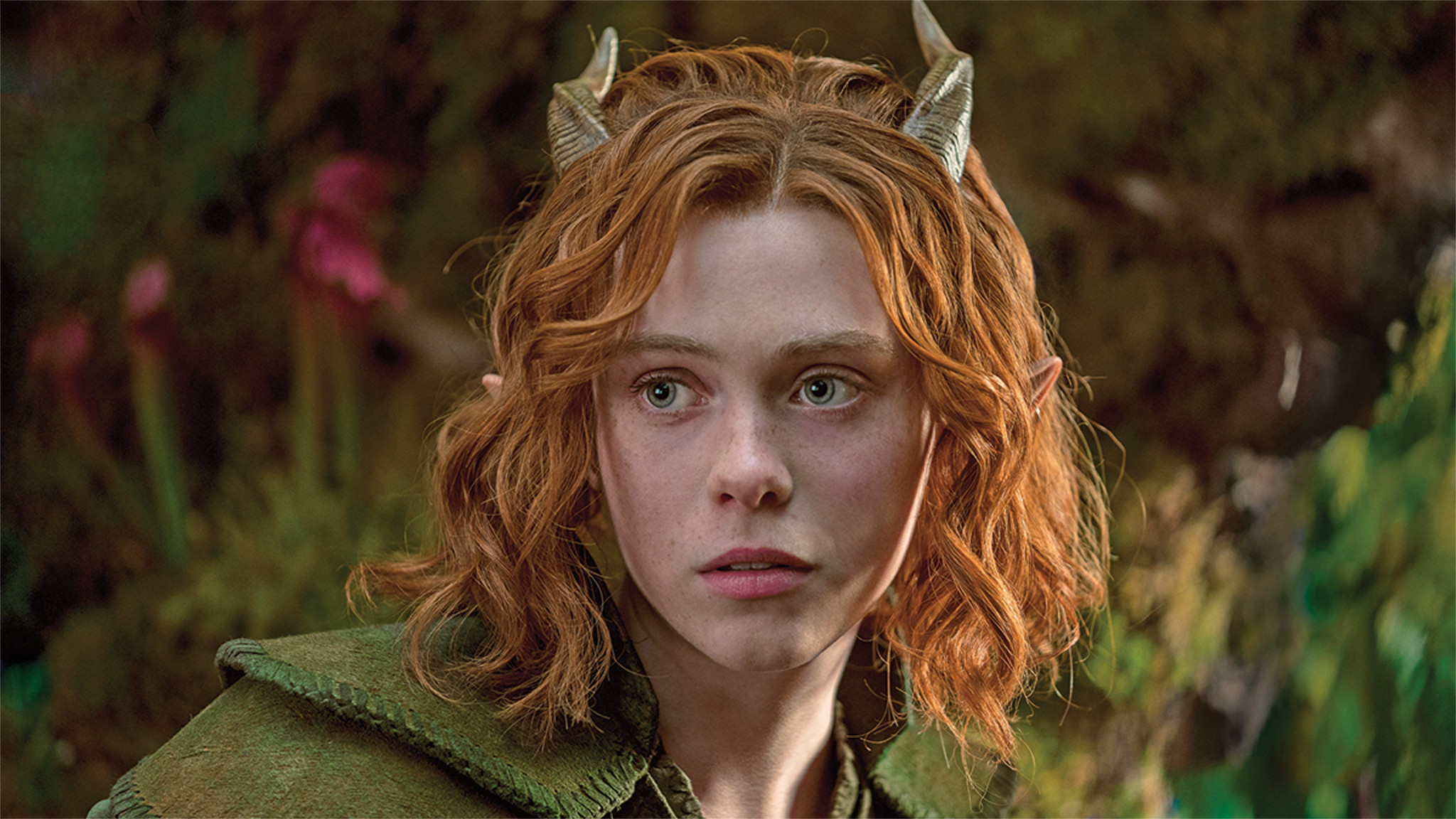
In both confrontations during battles and interactions in social settings, it’s crucial to stay alert and engaged. Protracted combat sequences in D&D 5e, particularly when there are numerous players and opponents involved, can offer a chance to strategize and devise tactics. Being preoccupied with your phone or unaware of the ongoing events during your initiative can leave you unprepared and out of the loop.
Giving full attention while someone else is speaking or acting demonstrates care and respect towards your fellow players and Dungeon Master (DM). Imagine being in the middle of narrating a quest or providing lore, only to find your friends engrossed in a game or scrolling through social media. By remaining attentive, you not only display good manners but also foster moments of creativity and teamwork with other players. If you miss what’s happening during combat or roleplay, it can cause delays as everyone else catches up, and that isn’t enjoyable for anyone.
Showing Interest In The World

Regardless if your Dungeons & Dragons (D&D) game master is running a prepared module or creating their own custom universe, they’ve invested considerable time in developing the world, non-player characters (NPCs), quests, and opponents you’ll interact with during play. It’s important to remember that D&D isn’t like a video game where everything revolves around satisfying your demands: there are no predefined main characters in D&D. Instead, players should consider themselves as integral components of the world, seeking their own path and purpose.
Engage with the non-player characters (NPCs) in the game’s environment, weaving your character’s past into the narrative. Reflect on the effects of your choices and inspire other players to do the same. Ponder the repercussions of your actions as a means to demonstrate your dedication to the world the DM has created. Showing curiosity about the world and its stories is the most effective way to express your gratitude to the DM.
Support Your Dungeon Master
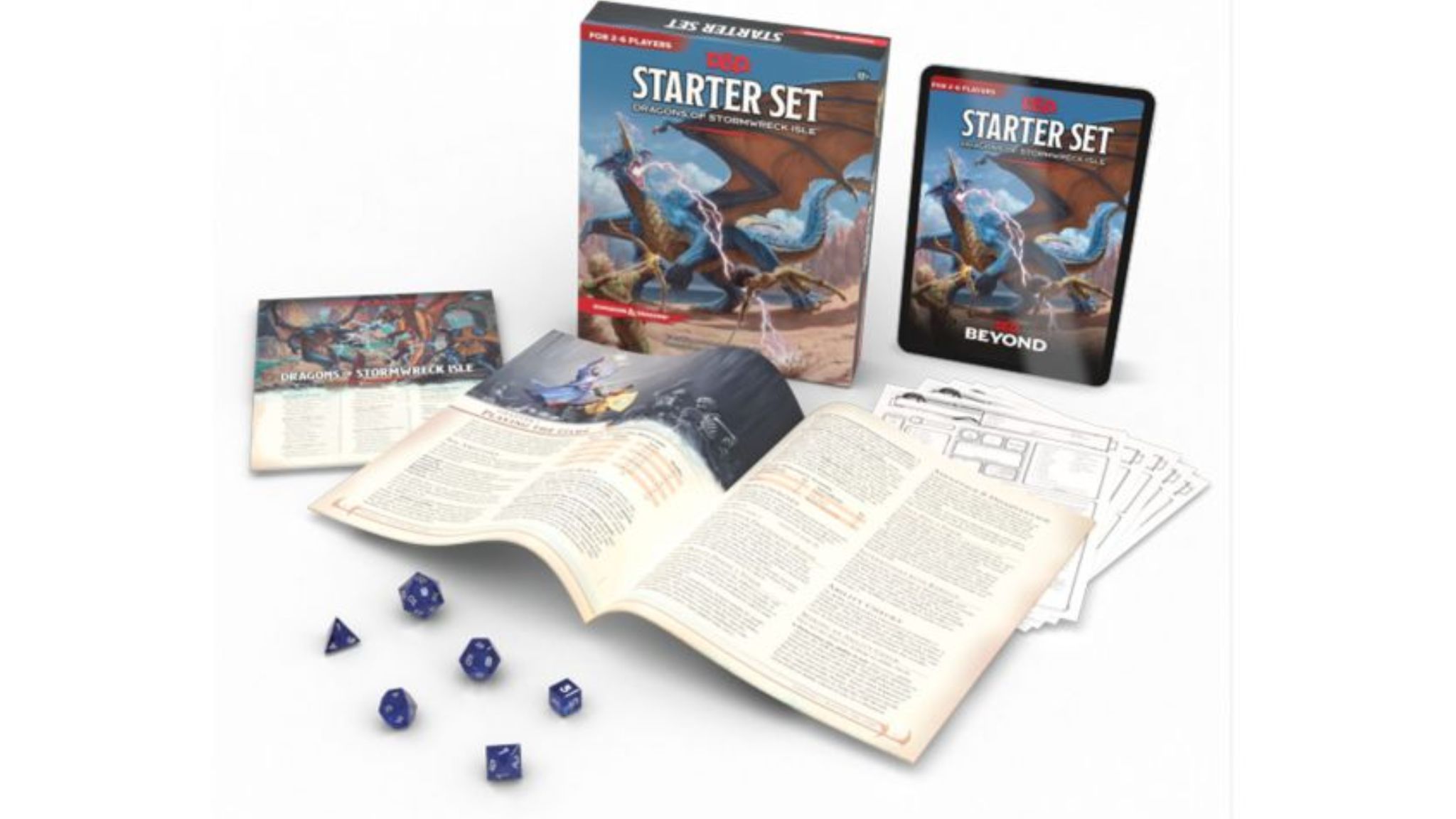
Occasionally, players may underestimate the dedication of a skilled Dungeon Master. Learning modules isn’t just about time investment, it might also require funds to buy these resources or enhance a gaming session with miniatures and scenery. However, it’s not essential to offer money to your DM, but expressing gratitude for their time and commitment is always appreciated. If you wish, you can contribute financially to acquire new adventures that excite both you and your Dungeon Master.
Instead of solely relying on financial means, consider providing support to your DM in other ways. For instance, you could take over session planning and scheduling, allowing them to focus more on crafting an engaging narrative. Offering recaps of past sessions is also a great help, as it allows players to pick up where they left off with ease. Additionally, stepping in to assist fellow players when needed can enable the DM to concentrate on describing scenes and managing combat effectively. Encouraging other players to take charge or roleplay, particularly those who may be new or uneasy, is another wonderful way to share the load. Ultimately, your support not only benefits the DM but also contributes to a more immersive and enjoyable gaming experience for everyone involved.
Providing Feedback
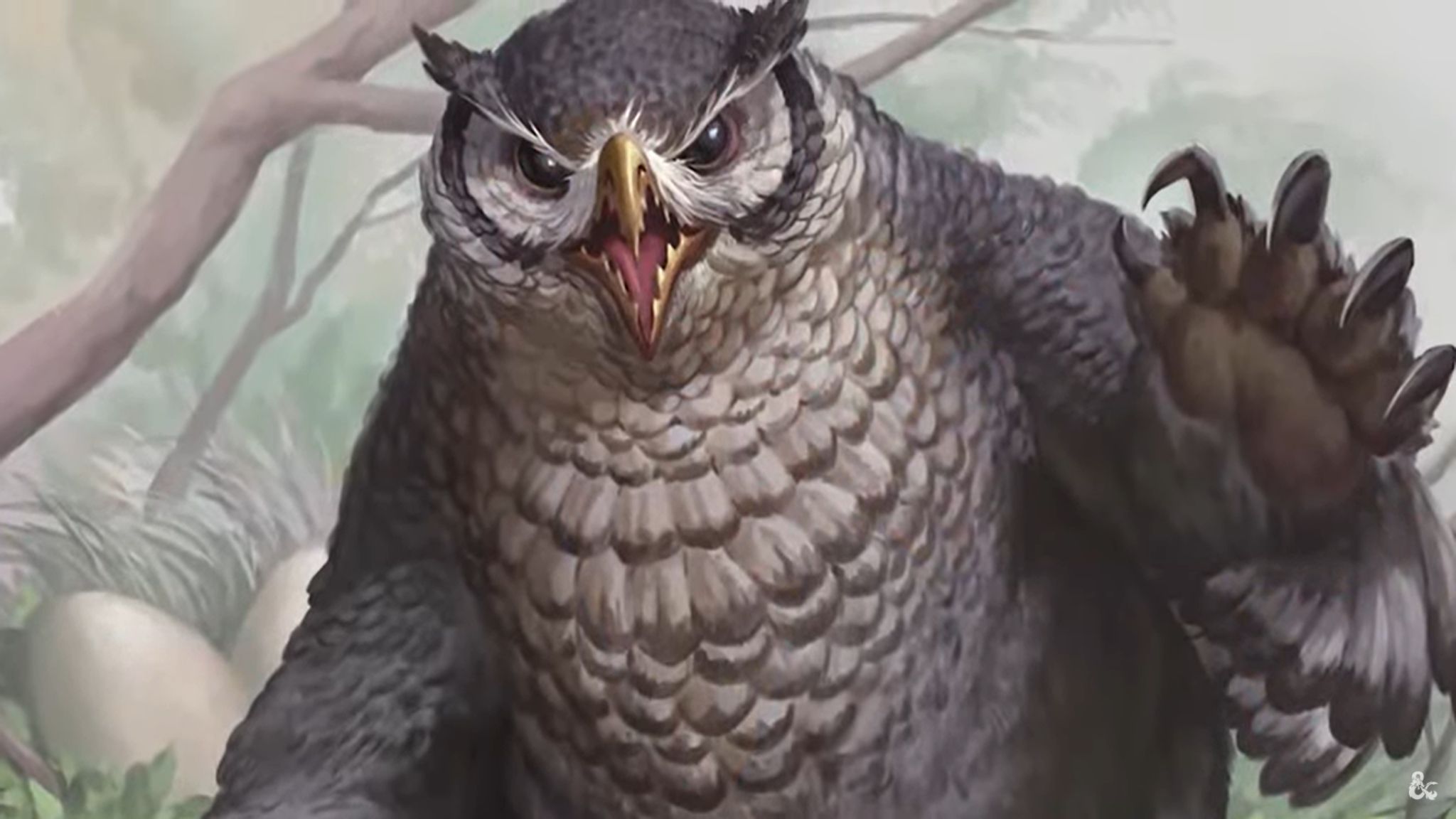
Offering feedback to your Dungeon Master (DM) is an essential part of communication and showing support. After each gaming session, it’s beneficial to express whether you enjoyed a particular aspect or had concerns about something else. Remember, constructive criticism can help both you and your DM improve the quality of future sessions and campaigns.
Similarly, don’t hesitate to offer constructive comments to your fellow players. Complimenting another player privately by saying “I appreciate what you did there” can greatly boost their confidence in their performance. Remember to always frame your feedback as feedback, not criticism. Avoid criticizing the DM or a player for something, as this could be perceived as hostile and hurtful. Constructive feedback is essential, and if delivered with good intentions, it can improve the game experience and strengthen the bond within the group.
Take Notes

Without doubt, jotting down observations during each session significantly enhances one’s ability as a player. Maintaining a record helps keep you informed and prevents any potential confusion. Detailed notes enable you to remain consistent with your character, prepare for upcoming sessions, and achieve numerous other advantages. By doing so, you become more immersed in the game world, your character, and the characters of your fellow players. Moreover, finding and using a critical piece of information from your notebook can be incredibly rewarding!
Taking notes while playing isn’t just beneficial for you as a player, but it also aids the Dungeon Master (DM) in case any doubts arise. Given that the DM typically has more notes than you do as a player, your ability to recall something from several sessions back can save them valuable time and demonstrates your commitment to the game. It’s normal to forget minor details or not remember every aspect, but if each player keeps notes, it becomes almost impossible to overlook crucial names or vital clues for a puzzle.
Bring Snacks
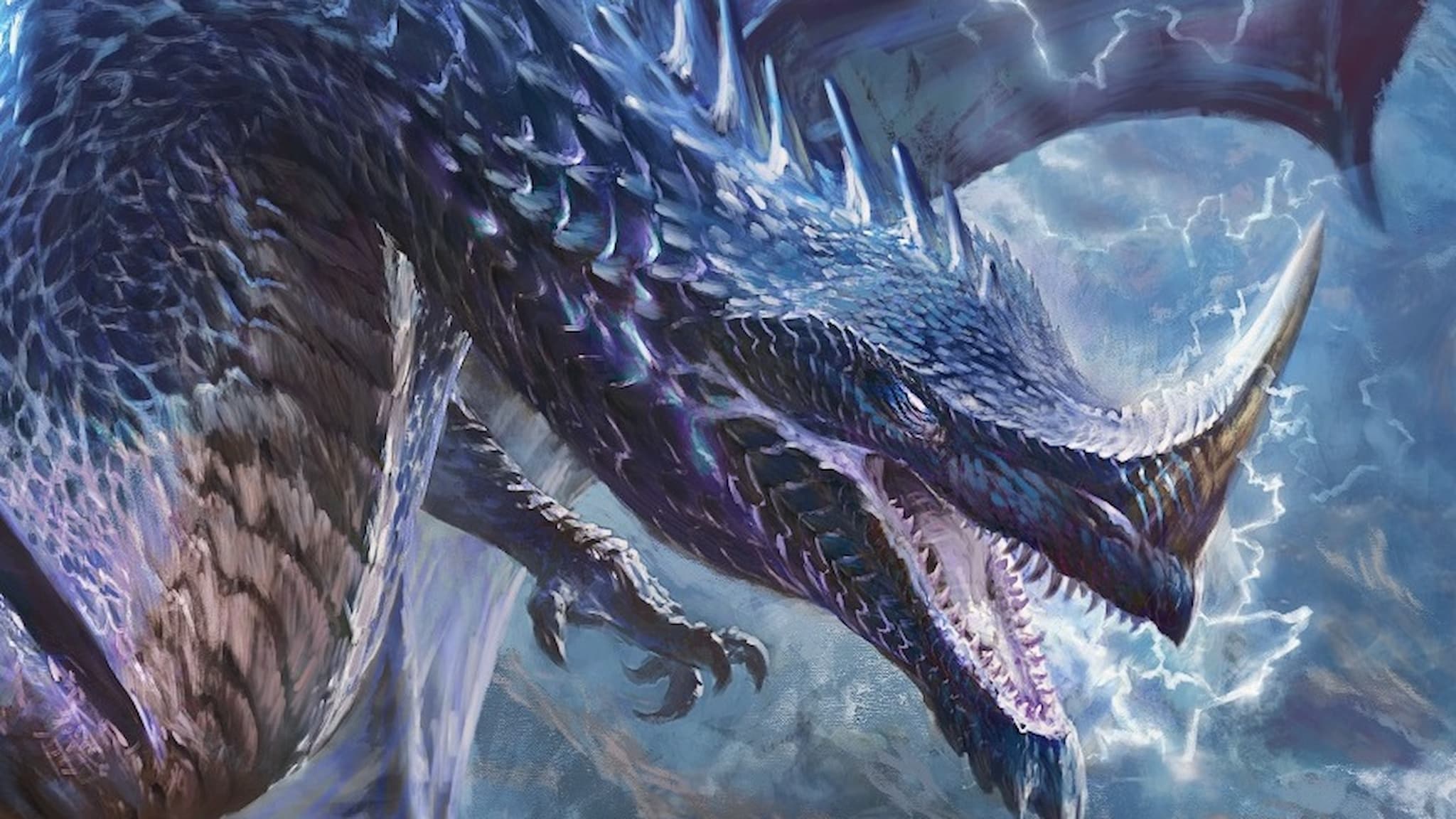
Hey there, fellow gamers! While the thrill of the game is undeniably paramount, let’s face it – nobody can resist a good snack! Whether it’s sharing some munchies with the group, pitching in for a pizza, or simply bringing something to quell your own hunger pangs, these acts of kindness and consideration are highly appreciated. Many groups have found success in adopting a rule where players provide food, snacks, or beverages for the Dungeon Master. It’s not a must, but trust me, you’ll definitely earn some extra experience points (and maybe even a few level-ups) if you keep the DM well-fed!
Instead of individually bringing snacks, organizing a communal meal or contributing towards it is very beneficial. This way, we avoid frequent breaks during our game, or at least minimize them significantly. Taking charge of meal planning or coordinating snacks among us frees up the DM to focus more on preparing for the session. Sharing food responsibilities allows everyone in the group to contribute differently. One player could bring some snacks while others might take turns providing for the group.
Read More
- PI PREDICTION. PI cryptocurrency
- Gold Rate Forecast
- Rick and Morty Season 8: Release Date SHOCK!
- Discover Ryan Gosling & Emma Stone’s Hidden Movie Trilogy You Never Knew About!
- Linkin Park Albums in Order: Full Tracklists and Secrets Revealed
- Masters Toronto 2025: Everything You Need to Know
- We Loved Both of These Classic Sci-Fi Films (But They’re Pretty Much the Same Movie)
- Mission: Impossible 8 Reveals Shocking Truth But Leaves Fans with Unanswered Questions!
- SteelSeries reveals new Arctis Nova 3 Wireless headset series for Xbox, PlayStation, Nintendo Switch, and PC
- Discover the New Psion Subclasses in D&D’s Latest Unearthed Arcana!
2025-02-17 05:11